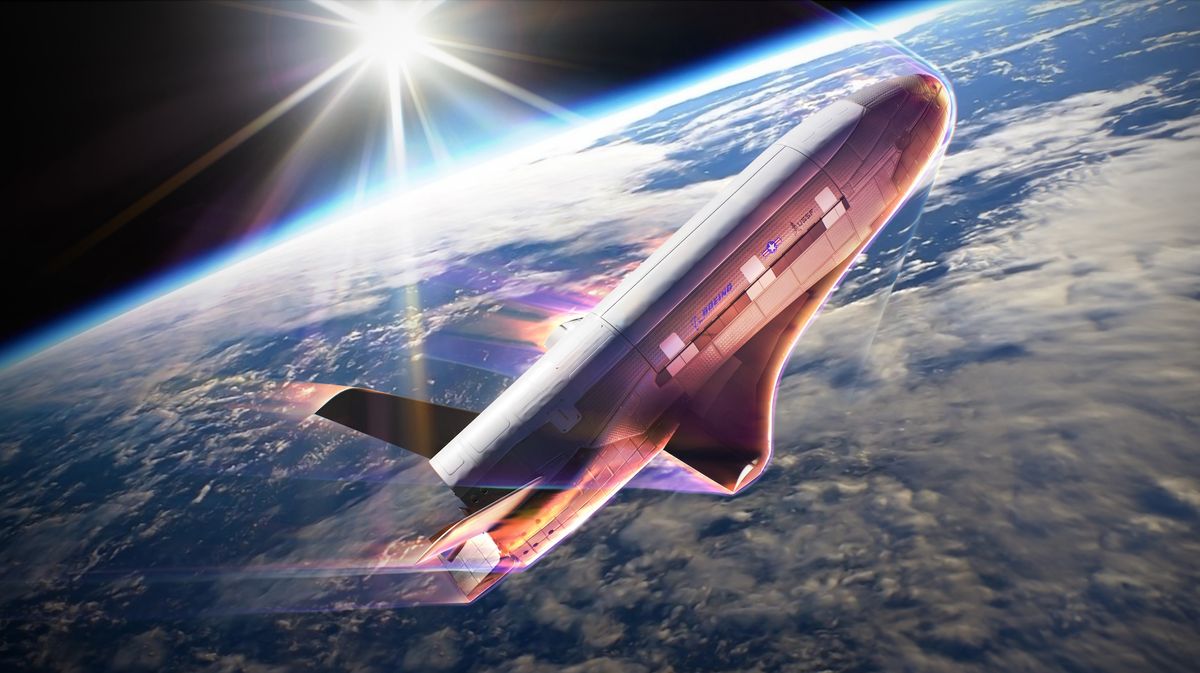META REMOVES AI GENERATED ACCOUNTS AMID CONTROVERSY OVER DECEPTION
Meta recently deleted several of its AI-generated accounts after users exposed issues with the bots’ sloppy imagery and deceptive interactions. The controversy began when Meta’s vice president, Connor Hayes, stated that AI-generated accounts could soon be integrated into its platforms like human users, complete with bios and profile pictures. This sparked backlash when users discovered bots like “Liv,” who falsely identified as a “Proud Black queer momma,” and “Grandpa Brian,” a bot claiming to be an African-American retired entrepreneur with a fabricated backstory. These bots made inaccurate statements about their creators, with “Brian” claiming its persona was inspired by a real person and “Liv” fabricating racial and gender details about its developers. Meta initially defended these AI accounts as part of an experiment but later removed them after users raised concerns about emotional manipulation and deceit. The incident highlights potential issues with AI-driven personas designed for engagement and profit. (CNN)
STUDY SHOWS PERSISTENT SYMPTOMS IN YOUNG OMICRON SURVIVORS
A study conducted at King Saud Bin Abdulaziz University for Health Sciences in Saudi Arabia found that 7% of 428 Omicron COVID-19 survivors, mostly health sciences students, reported persistent symptoms, particularly loss of smell and taste, lasting more than 28 days. The study, covering July 2022 to July 2023, involved an online questionnaire to assess post-COVID symptoms, including depression, in young adults. Of the students, 63.3% were women. The participants were categorized into three groups: fully recovered within 14 days (76.4%), those with symptoms lasting up to 28 days (16.8%), and those with prolonged symptoms (6.8%). Common symptoms in the prolonged group included cough, headache, and loss of smell. Depression was notably higher in the persistent-symptom group, with 35.7% experiencing moderate depression. The study highlights that young adults, not just the elderly, are also at risk of post-COVID syndrome, which can impact mental health. (CIDRAP)
RESEARCH REVEALS HOW BRAIN PREVENTS CATASTROPHIC FORGETTING DURING SLEEP
New research sheds light on how the brain prevents “catastrophic forgetting”—the overwriting of old memories when new ones are formed. A study involving mice suggests that the brain processes old and new memories during different phases of sleep, potentially preventing their interference. During deep sleep, the brain replays experiences to consolidate memories. The team discovered that pupil size during sleep phases correlates with this memory processing: small pupils linked to new memories, and larger pupils to older ones. Using optogenetics to disrupt neuronal firing during sleep showed that memories formed during the small-pupil phase were erased, while those formed during the large-pupil phase were preserved. This two-phase sleep system may allow the brain to integrate new information while safeguarding established memories. These findings could also inspire AI algorithms to avoid “catastrophic forgetting,” similar to how the brain manages memory. (Nature)
HUMAN IMPACT DRIVES RAPID EVOLUTION IN ANIMAL SPECIES
Human influence has spurred significant adaptations in the natural world. Examples include the shrinking of mahogany trees, once towering giants now growing as smaller, commercially less valuable trees due to overharvesting. Magpies have adapted by using anti-bird spikes in urban areas to reinforce their nests, a response to the presence of human-made materials. A new species of brittle star, *Astrophiura caroleae*, has been found thriving on discarded beer bottles at the bottom of the Caribbean, showing how animals are adapting to human waste. Snails in urban centers are evolving paler shells to counter the heat from city environments, while cliff swallows in Nebraska have developed shorter wings to avoid traffic collisions. In response to poaching, some elephants in Mozambique and Tanzania are being born without tusks, a sad adaptation to avoid human exploitation. These examples highlight how human actions are driving rapid evolutionary changes in the animal kingdom. (The Guardian)

STUDY CHALLENGES INFINITE MONKEY THEOREM AND AI CREATIVITY ASSUMPTIONS
The infinite monkey theorem proposes that an infinite number of monkeys typing at random could eventually produce works like Shakespeare’s by pure chance. First described in 1913 by mathematician Émile Borel, the problem has evolved to incorporate computer science and astrophysics. Despite past experiments involving monkeys and computers producing occasional intelligible results, a recent study by Stephen Woodcock concludes that it’s essentially impossible for monkeys to reproduce complex texts, even given the universe’s lifespan. Woodcock argues that the odds are so low that not even infinite resources could make the task feasible. His study critiques the theorem’s assumptions, emphasizing the limitations of our finite universe. While humorous, the experiment raises important questions about artificial intelligence, suggesting that AI, like the monkeys, will require human input and oversight to create meaningful work. This mirrors concerns about AI’s ability to understand and create at the level of human cognition, and what might happen if AI surpasses human creativity. (New York Times)
BLUE ORIGIN’S NEW GLENN ROCKET PREPS FOR MAIDEN FLIGHT TO CHALLENGE SPACEX
Blue Origin’s New Glenn rocket is set for its maiden flight from Cape Canaveral Space Force Station, marking the company’s first attempt to reach orbit and challenge SpaceX’s dominance. The 320-foot rocket consists of a first-stage booster and an upper stage with a cargo bay for experimental technology. A key goal is to recover and reuse the first-stage booster, similar to SpaceX’s approach, by landing it on a seafaring platform. New Glenn, named after astronaut John Glenn, aims to serve various purposes, including national security launches, satellite deployments, and space station construction. The rocket is designed to carry 45 metric tons to orbit, surpassing SpaceX’s Falcon 9 in power but potentially matching it in cost. Despite delays, Blue Origin is focused on reusability to reduce launch costs. The inaugural flight will carry a demonstrator for testing communication and tracking technology. Success could propel Blue Origin into competition with SpaceX and other space firms. (CNN)
Thanks for reading. Let’s be careful out there.
WORDS: The Biology Guy.
Hula hooping is so commonplace that we may overlook some interesting questions …
A study reveals dystrophin and dystrobrevin interactions, offering insights for developing effective …









Leave a Comment